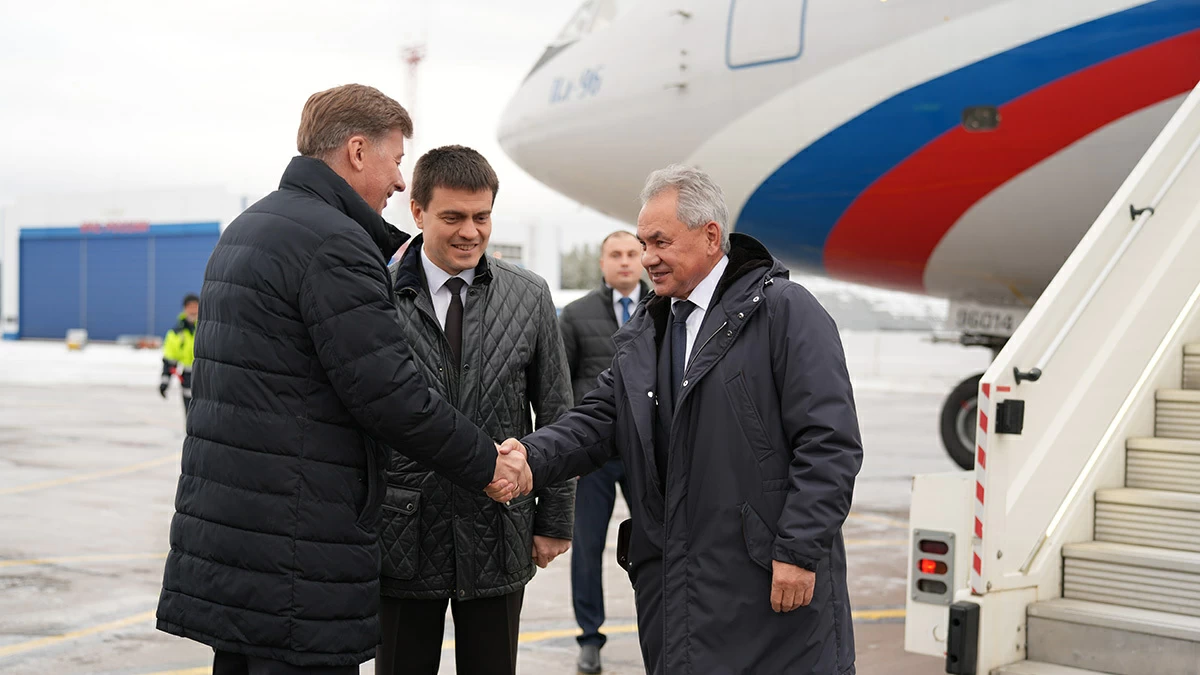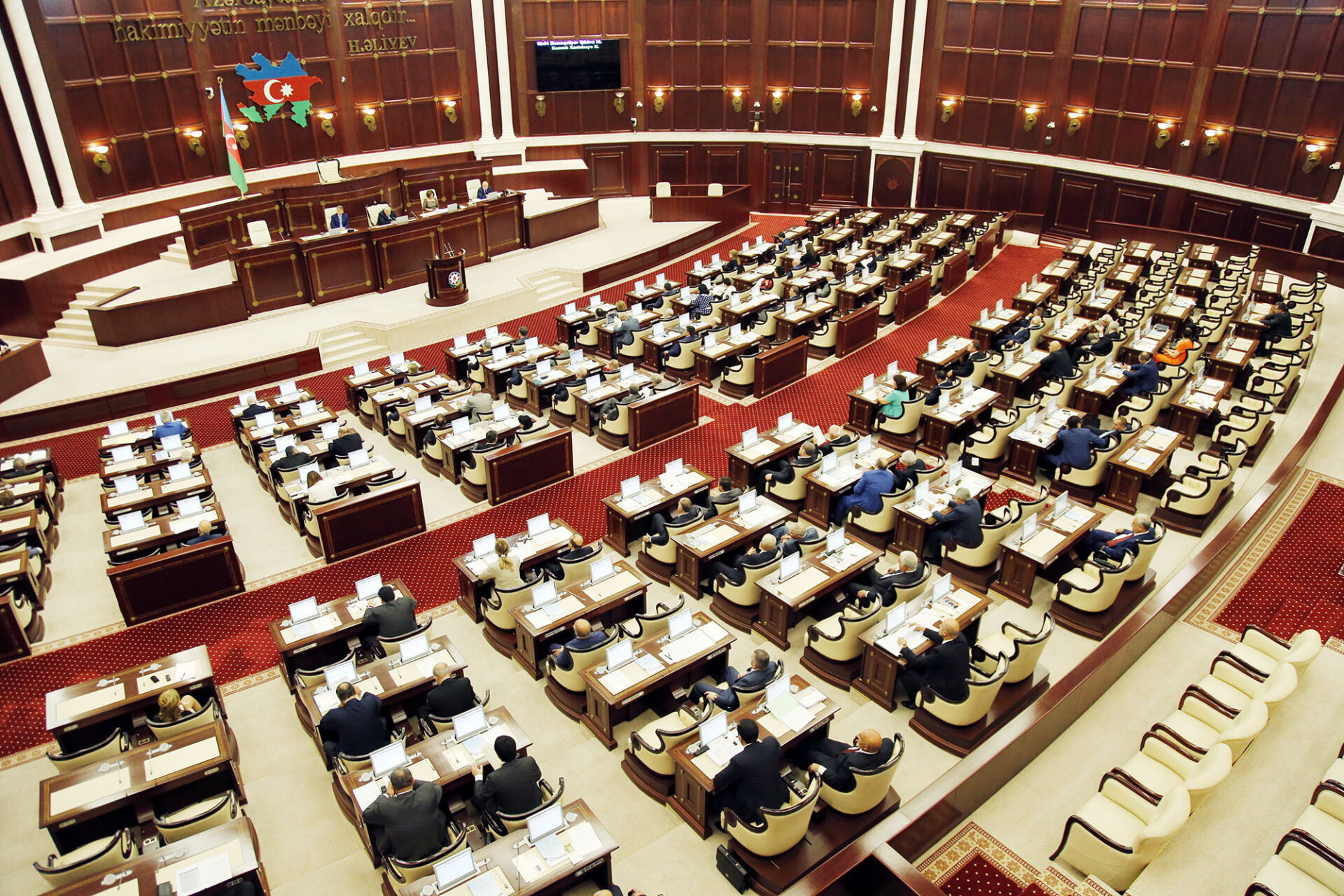Could EU-Style ‘Ethno-Cultural Zones’ Reduce Tensions in the North Caucasus?
Could EU-Style ‘Ethno-Cultural Zones’ Reduce Tensions in the North Caucasus?
An increasing source of tension and conflict in the North Caucasus is the fear among many of the regional language communities that they face extinction through assimilation—a potentially explosive fear because of the rapidly changing ethnic composition of many republics as a result of the out-migration of ethnic Russians and the policies of the ethnocratic elites of titular nationalities.
A scholar with deep roots in the region has now called on the Russian Federation to adopt a variant of the “ethno-cultural zone” arrangement called for by the European Charter on Regional Languages or Languages of National Minorities and the European Union’s Framework Convention on the Rights of National Minorities. Ramazan Alpaut, the deputy chairman of the Russian Congress of Peoples of the Caucasus and a specialist at Germany’s Institute for the Study of the Caucasus, Tataristics and Turcology, lays out his idea in an interview given to the BigCaucasus.com portal (bigcaucasus.com/review/interview/08-05-2013/83210-nord_caucasus_kultur-0/).
After the collapse of multi-culturalism in Europe, Alpaut says, the EU has introduced in its place the concept of “Leitkultur,” a German word that means “the leading or dominant culture.” With some modifications, he suggests, it could be applied in the North Caucasus. For example, were such a program introduced in Kabardino-Balkaria, authorities there would create “municipal formations, in which, regardless of changes in ethnic composition, Balkar and Russian will jointly dominate the situation.”
“The domination of the Balkar language and culture in the regions of the traditional residence of this people would mean that the Balkar language in these places would completely or as much as its functional readiness would permit duplicate the use of Russian,” the scholar-activist suggests.
Such an arrangement would solve many problems, Alpaut argues. First, it would change the meaning of the study of a language from being about ethnic assertiveness to being a tool for actual work. Second, it could create “a zone of genuine bilingualism” in the North Caucasus, something many people talk about but have done little to promote. And third—and quite possibly the most important—the introduction of such a system would reduce inter-ethnic tensions because “the Balkars would know that however much the ethnic composition of the ‘Balkar zone’ changed, the Balkar language and culture would remain dominant.”
Moreover, he continues, such an arrangement would allow people “who live in an ‘alien’ ethno-cultural [zone] to satisfy their minimal ethno-cultural requirements” but ensure that they would have to master the language of the zone if they wanted to hold public office there. Thus, “if an Avar wanted to become the head of some municipal formation in the ‘Kumyk zone,’ he would have to know the Kumyk language and culture,” and both he and the residents of that zone would be aware of that in advance.
This system has worked relatively well in Wales, but as his interviewer, Badma Byurchiyev, points out, it failed spectacularly in the Kalmyk Republic in the Russian Federation. Officials there were not prepared or were under insufficient pressure to move beyond language requirements in signage to real bilingualism in the work of government offices. Indeed, in the case of Kalmykia, pressure from those who knew Russian but not Kalmyk continued to determine who was hired, appointed and promoted.
It does not have to be that way, Alpautov said. “If Russian were not needed for normal development and a successful career in Russia, if the state did not really force [non-Russians] to study it, do you think many people would begin to master this extraordinarily complicated language?” he asks. Under Soviet times, people studied various foreign languages but did not become fluent in them; non-Russians learned Russian, however, “simply because the state needed all its citizens to know Russian” but it did not “need” them to know English, German, French or any other language. If the state “needs” or at least “really wants” bilingualism, it will achieve it.
One of the great advantages of the introduction of “linguistic zones,” Alpautov says, is that they do not have anything to do with “the issue of the decentralization of the state or even the redrawing of administrative-territorial divisions” of the Russian Federation.” And they would complement rather than undermine economic projects in the North Caucasus. Indeed, since these zones would eliminate “the fears of peoples that they might be about to lose their ethno-cultural identity” such reforms would be easier to carry out.
Alpautov is almost certainly correct that such an arrangement, if introduced, would help in the bi- or multi-ethnic republics of the North Caucasus like Kabardino-Balkaria and Dagestan, but he does not address the two greatest obstacles to its realization: the opposition of Russians, both local and in Moscow, as well as the desires of newly dominant ethnic groups in particular cities and districts to get their way.


